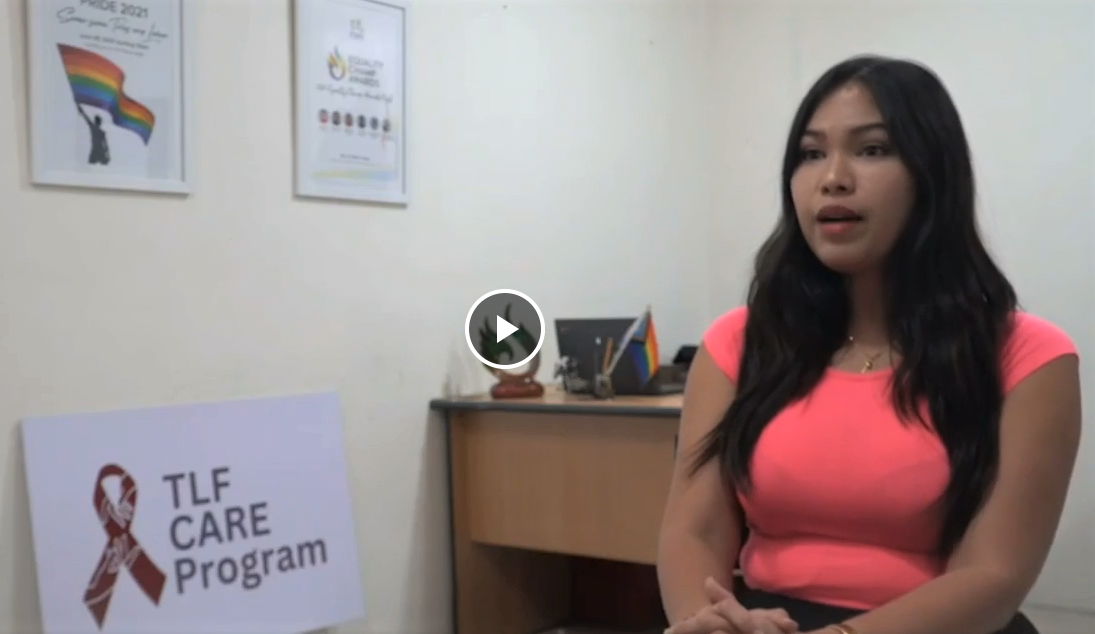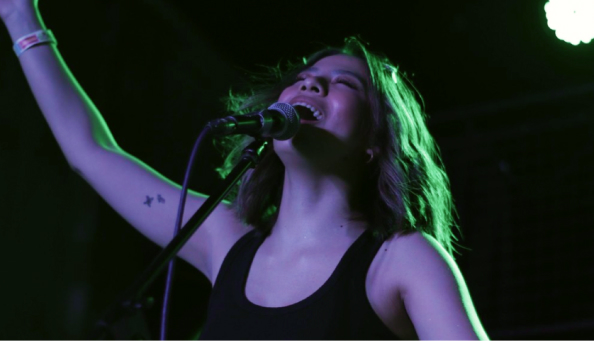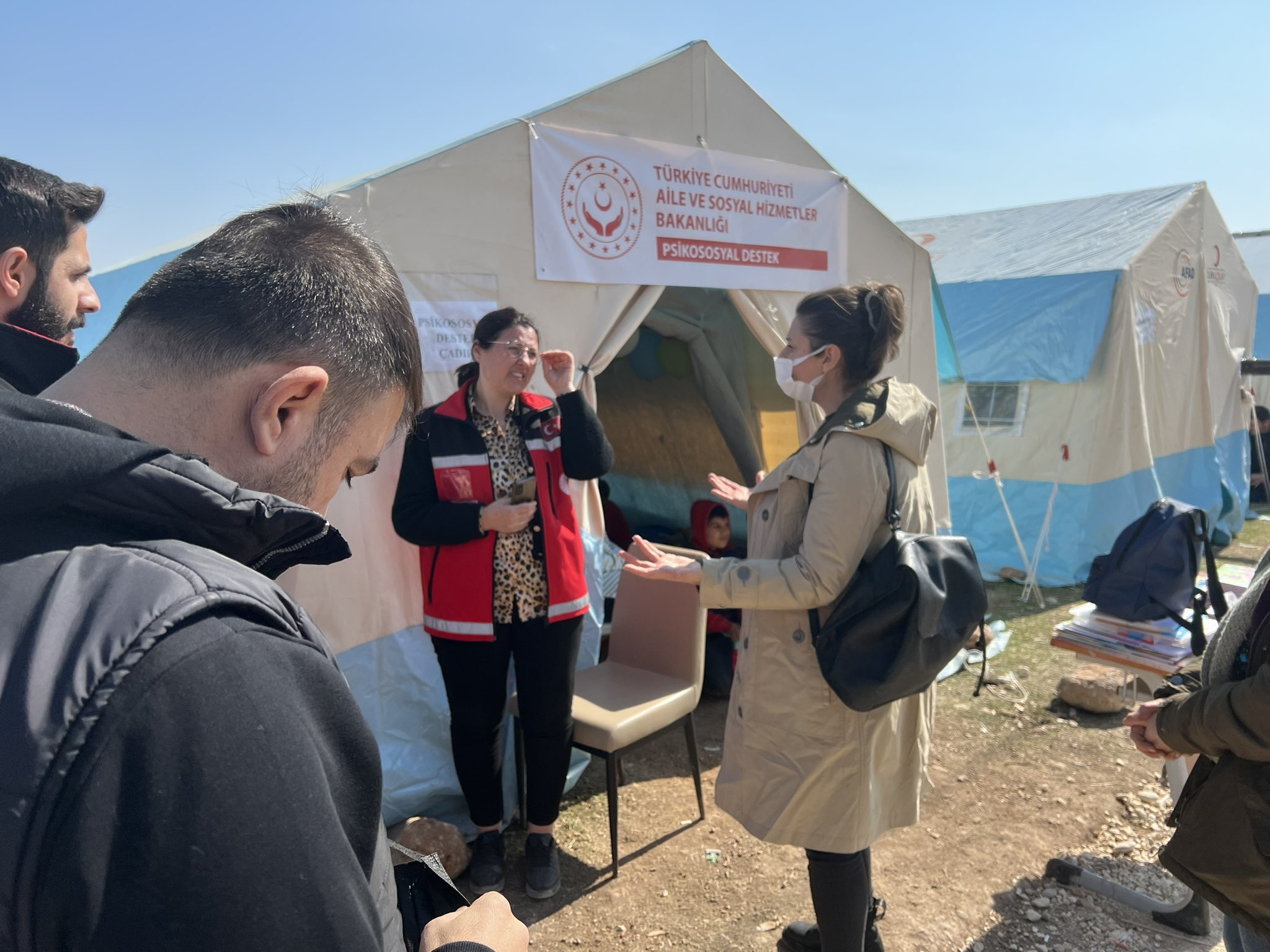
Being a mother anywhere is challenging. But for unmarried mothers in Tunisia, social stigma can make it nearly impossible.
While Tunisia is known for its moderance—it was one of the first in the Middle East / North African region to give women the right to vote—social attitudes around sex outside marriage remain severe. Pregnant women who are unmarried are often forced out of their family’s homes or flee to avoid public scorn, and many abandon their babies in orphanages due to the pressure.
Raising a child conceived outside of marriage means having virtually no economic or social safety net. A paternal family name is needed for a child to access many critical civil services, such as registering for health insurance, and stigma often follows the child to school and when seeking employment. Women can seek legal recourse for child support and even paternity confirmation if the father refuses to acknowledge the baby. However, the costs around legal action can be prohibitive.
For nearly 20 years, Amal Association for Family and Children has been committed to solving these problems. Amal runs a shelter for single mothers and their children, plus a vocational training center for both the mothers and women who are divorced, survivors of domestic violence, or in other vulnerable situations.
The Fund has supported Amal’s work for over a decade, helping women and their children access a safe home, health education, job training and placement, and legal resources to secure their rights. “The Fund for Global Human Rights brings to Amal Association first and foremost stability, then enhancement of capacities…It gives us motivation to always find new themes for advocacies, for the enhancement of capacities of women, and more chances for the rights of single mothers,” says Amal’s Executive Director Wasilla Ben Aissa.
“At Amal…they make you feel like you did not commit a sin”
Amal’s approach centers on making every woman who enters their shelter doors aware of her rights and prepared to demand them. For one single mom, Manel, the organization was a critical in supporting her and move beyond the rejection she experienced from her family.
Manel discovered she was pregnant after breaking up with her boyfriend—desperate to keep it a secret, she hid her pregnancy. Months later, Manel gave birth alone in her home in the middle of the night. Requiring medical attention, she waited until her father left for work and then showed her mother the newborn.

Manel’s mother gave her a small amount of money and she boarded a train to Tunis, where a friend met her and brought Manel and her baby to the hospital. She was introduced to Amal Association through its shelter for single mothers, where she received a room, meals, psychological support, and vocational training to help her get on her feet and to support her son.
“At Amal, you feel that there are people who protect you, who believe in you, in your situation, who help you to move forward without hiding it. They make you feel you did not commit a sin and they don’t judge you,” Manel says.
With Amal’s help, Manel was able to secure a job in a call center. Now five years later, she is living independently with her son in Tunis. She often volunteers at the organization to help counsel other new mothers and is currently preparing to secure her son’s patronymic name from his father.
How family planning intersects with broader inequality
For women like Manel, family planning in Tunisia can be difficult due to a lack of access to accurate health information, poverty, and cultural stigma. Sex education and reliable information around contraception is especially limited in poor and rural areas, and families facing financial strain frequently pull girls out of school to work. Because of these systemic problems, many of the single mothers at Amal have only a primary school education. For them, the opportunity to take courses that lead to steady employment are vital. Classes include pastry cooking, sewing and tailoring, and nursing / medical assistant preparation. So far 450 women have completed training at Amal, of whom nearly 100 percent have secured employment.

“When a mother does not have access to her rights, receiving professional training allows her to be autonomous, have a decent life, have self-esteem, and access her rights to health and parental custody of her children,” says Wasilla Ben Aissa.
Increasingly, the shelter also welcomes more migrant women and individuals fleeing human traffickers, as many travel through Tunisia on planned routes to Europe. Christelle*, 29, is one such migrant mother. Christelle and her boyfriend were desperate to escape war in their native Côte d’Ivoire, so she accepted a work contract in Tunisia as a house cleaner. However, when her boyfriend discovered she was pregnant, he left her and travelled to Libya, where he later died in the country’s conflict. Christelle continued working for several months, but suffered abuse from her employer, who refused to pay her and took her passport.
As her pregnancy progressed, Christelle was forced to live on the streets, and she considered leaving her baby in an orphanage. That’s when she was introduced to Amal. The group has given Christelle new hope through psychological counseling and skill-building training. “My dream is to come back home and to find a job and to have a good situation so that I can take care of my son,” she says.
While Amal transforms the lives of the mothers and children they directly serve, it also works to change social attitudes and laws around single mothers and their rights. The organization hopes that Tunisia will become a pioneer in this area, as it has with other women’s issues historically. And they understand that this work will take time and the continued partnership of supporters, such as the Fund.
Says Hajer Zjaiem, Director of Amal’s Training Centre, “The success of just one case, one single mother, is our own success.”
*Name has been changed for privacy.


